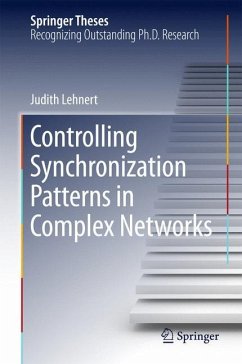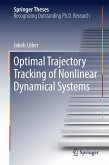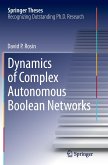This research aims to achieve a fundamental understanding of synchronization and its interplay with the topology of complex networks. Synchronization is a ubiquitous phenomenon observed in different contexts in physics, chemistry, biology, medicine and engineering. Most prominently, synchronization takes place in the brain, where it is associated with several cognitive capacities but is - in abundance - a characteristic of neurological diseases. Besides zero-lag synchrony, group and cluster states are considered, enabling a description and study of complex synchronization patterns within the presented theory. Adaptive control methods are developed, which allow the control of synchronization in scenarios where parameters drift or are unknown. These methods are, therefore, of particular interest for experimental setups or technological applications. The theoretical framework is demonstrated on generic models, coupled chemical oscillators and several detailed examples of neural networks.
Bitte wählen Sie Ihr Anliegen aus.
Rechnungen
Retourenschein anfordern
Bestellstatus
Storno








